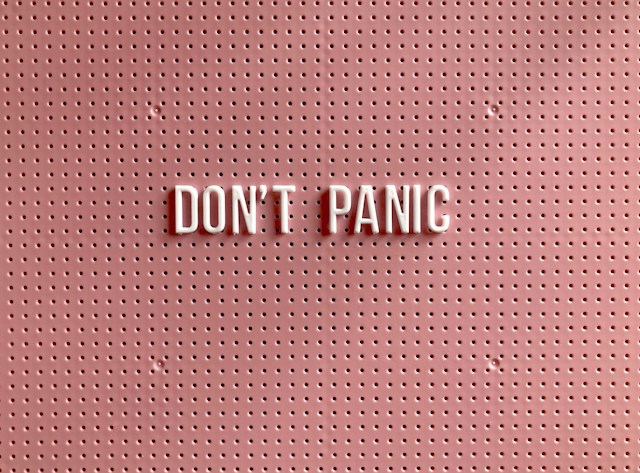All opinions are mine and mine alone.
5 Ways to Cope With Social Anxiety
Social anxiety is a common mental health challenge that can significantly impact your ability to engage in social situations. The fear of judgment and negative evaluation can be overwhelming, leading to avoidance behaviors that hinder personal and professional growth.

If you took an anxiety quiz would it reveal some personal struggles that you try to contend with?
Even if that’s the case, fortunately, there are effective strategies to cope with social anxiety and gradually build confidence in social interactions.
Practice mindfulness and relaxation techniques
One powerful way to cope with social anxiety is through mindfulness and relaxation techniques. Mindfulness involves being fully present in the moment and accepting thoughts and feelings without judgment.
Deep breathing exercises, progressive muscle relaxation, and guided imagery are also proven methods to reduce anxiety.
Practice these suggested techniques regularly, especially before entering social situations, to help calm your mind and alleviate physical symptoms of anxiety. Over time, increased mindfulness can lead to a more relaxed and centered state of being.
Try more gradual exposure to challenging social situations
Facing fears in a controlled and gradual manner is a cornerstone of overcoming social anxiety. Gradual exposure involves systematically and progressively exposing yourself to anxiety-provoking situations. Try starting with less challenging scenarios and gradually work up to more difficult ones.
An example of this would be if initiating conversations is a source of anxiety, start by engaging in small talk with familiar friends or family members. As your confidence grows, gradually expand the circle to include new acquaintances or larger social gatherings.
This approach allows you to confront your fears at a more manageable pace.
Take advantage of cognitive restructuring
Social anxiety often stems from negative thought patterns and irrational beliefs about yourself and others. Cognitive restructuring involves challenging and changing these automatic negative thoughts.
Begin by identifying distorted thought patterns related to social situations, such as catastrophizing or assuming the worst outcome. Once identified, challenge these thoughts by asking yourself if they are based on evidence and if there are alternative, more realistic interpretations.
Over time, you can learn to reframe your thinking, replacing negative thoughts with more positive and constructive ones. This will ultimately reduce your social anxiety.
Consider social skills training
Building and refining social skills can significantly enhance your ability to navigate social situations with confidence. Social skills training involves learning and practicing effective communication, active listening, and assertiveness.
Role-playing scenarios with a trusted friend or therapist can provide a safe environment to develop and refine these skills. By acquiring and honing social skills, you can feel more equipped to handle various social interactions, reducing the fear of judgment and rejection.
Seek professional support
In many cases, social anxiety may require professional intervention. Therapists, psychologists, or counselors with expertise in anxiety disorders can provide valuable guidance and support.
Cognitive-behavioral therapy (CBT) is particularly effective in treating social anxiety by addressing negative thought patterns and helping individuals develop healthier coping mechanisms.
Seeking professional support not only offers practical tools for managing social anxiety but also provides a supportive and understanding space for you to explore and address the underlying causes of your anxiety.
Social anxiety can be a challenging obstacle to overcome, but with persistence and the right strategies, you can develop the confidence and skills needed to thrive in social settings.



Speak Your Mind